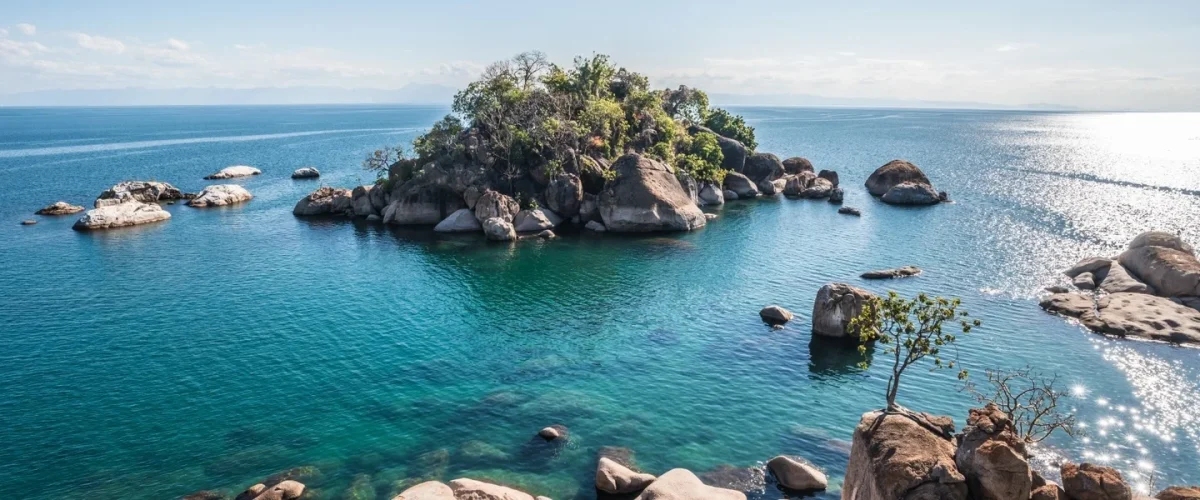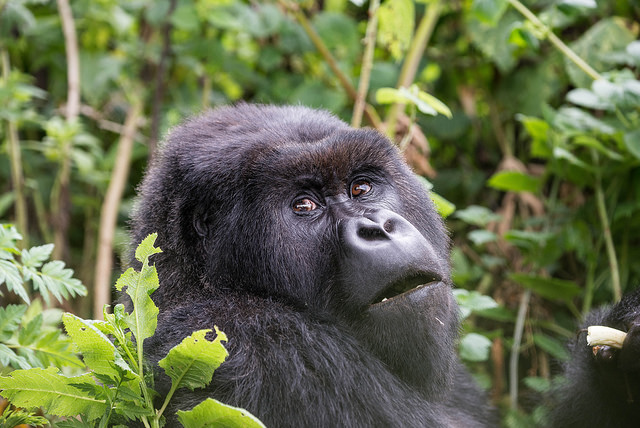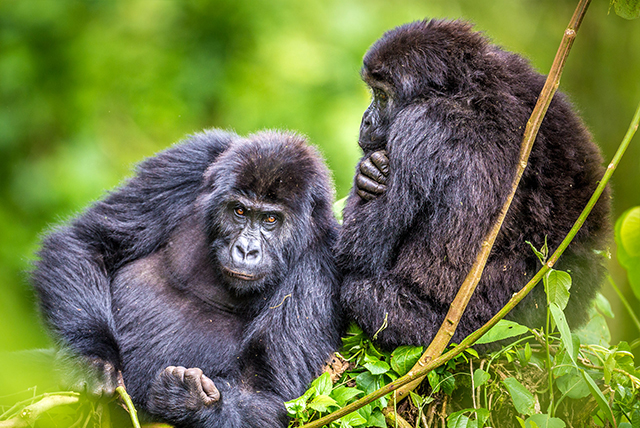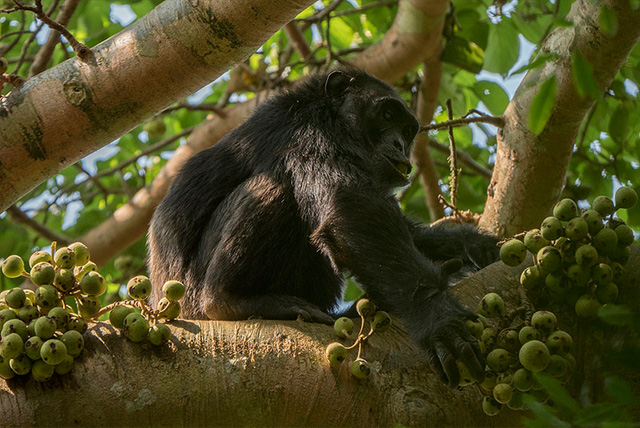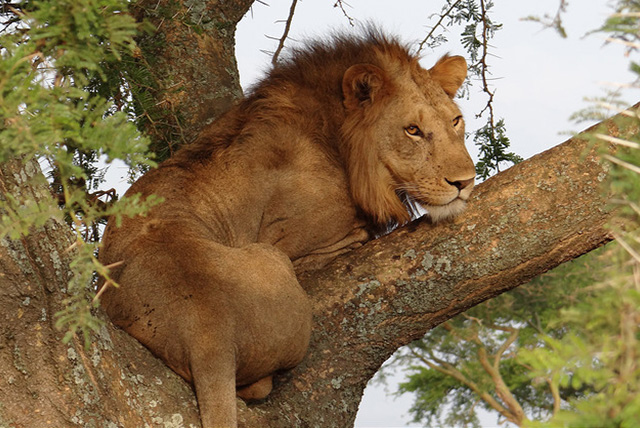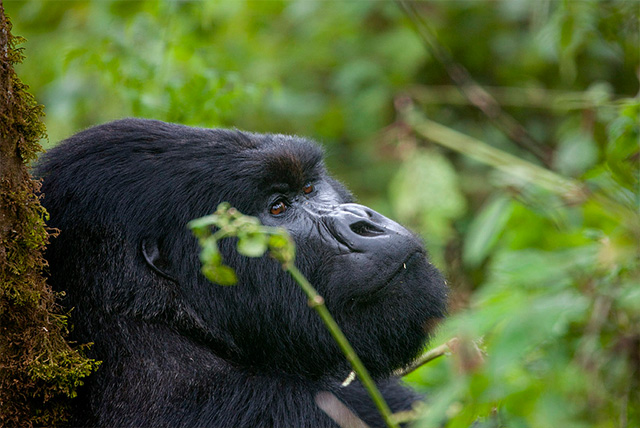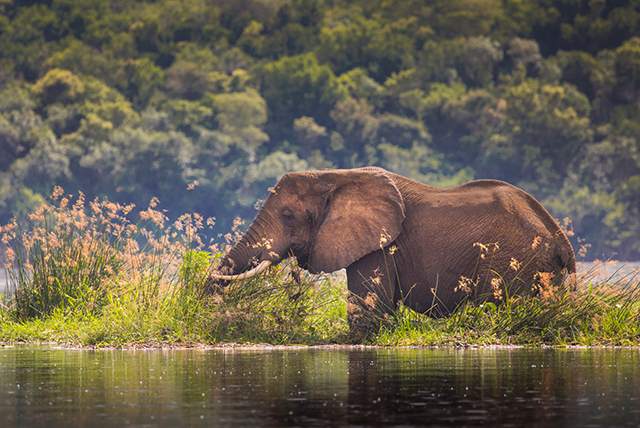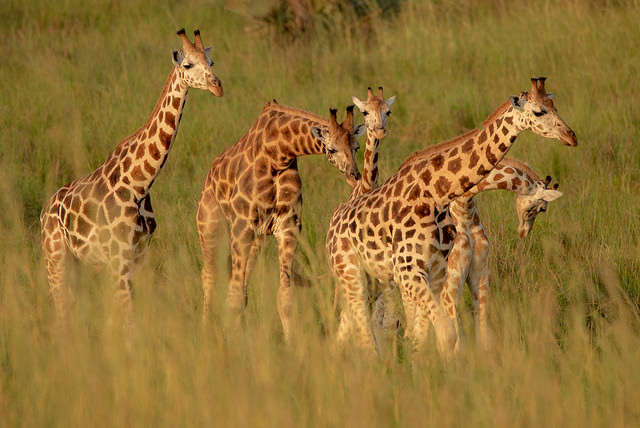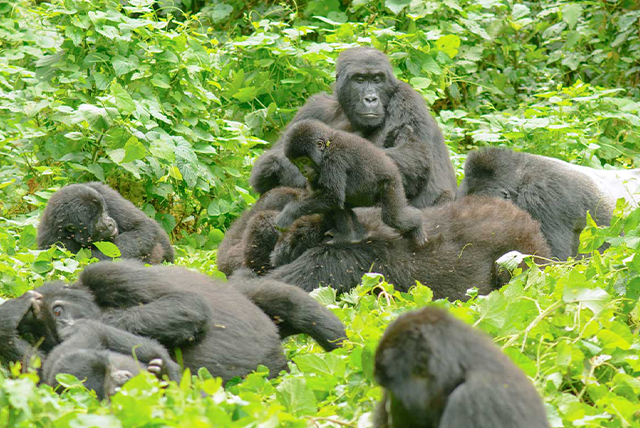Malawi Travel Advice
Malawi Travel Recommendations
There’s nothing quite like fresh, insightful travel guidance straight from the specialists – check out Adventure In The Wild Safaris’ vital Malawi travel tips before you embark on your journey.
Finance & Expenditure
The currency used in Malawi is the Kwacha, but you will find that US Dollars are commonly accepted across the nation. While credit card acceptance is on the rise, it is wise to be cautious in Malawi’s more secluded or less frequented spots – ensure you consult with your Africa Safari Expert before embarking on your journey.
Malawi is a remarkably budget-friendly destination, allowing your spending money to stretch quite a bit. If you’re travelling with dollars, we’d suggest bringing some small denomination bills so you can discover truly stunning and reasonably priced handmade crafts at the local markets. Make sure to set aside some cash, as you will need to cover an international departure tax of 30 US Dollars per person at Lilongwe Airport.
Tipping
In Malawi, hotel, lodge, and restaurant bills do not include service charges. Tipping is completely up to you – it’s not mandatory, but it’s warmly welcomed if you believe the service you experienced warrants a little extra appreciation. The tip you choose to leave reflects the quality of service you have experienced, with a common recommendation being around 10%.
For detailed tipping advice, reach out to one of our Africa Safari Experts – they’re eager to share their insights with you.
Climate Average summer temperatures range from 20°C to 32°C
Typical winter temperatures range from 15°C to 28°C.
Wet season: December to March
Check out “best time to visit Malawi” for climate charts and insights on optimal wildlife-viewing periods.
Essential Items to Bring
Malawi is a prime spot for beach lovers, so make sure to pack wisely – think lightweight clothing, sandals, hats, and don’t forget that essential sunscreen! As the sun rises and sets, mosquitoes come alive, so be sure to bring along some repellent and long-sleeved clothing to shield your wrists and ankles during these enchanting hours. Make sure to save some room in your suitcase, as you will probably want to collect plenty of treasures from the local markets.
Travel & Transportation
Have you heard that you can arrange your flights with Adventure In The Wild Safaris? For additional details and common inquiries, please check out our Flights section.
Lilongwe International Airport offers daily flights from Johannesburg along with regular connections from Zambia, Tanzania, and Kenya, providing excellent opportunities for an exhilarating big game safari in Southern or East Africa, complemented by a relaxing beach holiday on the stunning shores of Lake Malawi.
Chileka International Airport, nestled in Blantyre, is Malawi’s second international gateway, connecting travelers to the captivating southern destinations of the country.
Getting around Malawi is quite straightforward – the roads are in decent shape and the distances are usually brief. Road transfers offer a great way to explore a bit of Malawi, but if your goal is to reach the lake quickly, a light aircraft charter flight is your best choice. Luggage on charter flights is limited to 12kg per person and must be carried in soft-skinned suitcases.
Boat transfers whisk travelers away to the enchanting islands of Lake Malawi or to the secluded Nkwichi Lodge along the lake’s untouched Mozambican coastline.
Visa and Passport Guidelines
Every traveler heading to Malawi should ensure they have a passport that remains valid for at least six months beyond their departure date. Citizens of the USA, all Commonwealth countries, and most European countries (excluding Switzerland) do not need visas to enter Malawi. For certain nationalities, visas are essential and must be secured ahead of time from any Malawi embassy or consulate, as they cannot be acquired upon arrival.
Visas are capped at 30 days, yet securing an extension while you are in Blantyre or Lilongwe is quite straightforward and comes at no cost.
Exploring Malawi Heritage & Commerce
Fossil evidence indicates that Malawi’s human history stretches back a million years. The Southern African Khoisan hunter-gatherers were the first to call this land home, but by 1500 AD, the arrival of migrating West African farmers and herders transformed Malawi into a thriving regional empire. Malawi, once deeply impacted by the 19th century slave trade, found itself under British colonization after the explorations of David Livingstone. However, during its time as Nyasaland, it lingered in the shadows of colonial neglect until it finally embraced independence in 1964.
Malawi, one of the world’s least developed countries, thrives on its agricultural landscape, which constitutes a third of its GDP and 90% of its exports. The primary agricultural exports include tobacco, which accounts for over 60% of all exports, along with tea and sugar. Tourism is essential for attracting foreign currency to Malawi.
Individuals & Community
A compact nation boasting a vibrant population of over 15 million, Malawi features one of the most remarkable population densities in Africa. It’s a predominantly rural society – almost 90% of Malawians reside in the countryside and engage in subsistence farming – and it’s also deeply religious: 80% of Malawians identify as Christian, while an additional 13% follow Islam.
It’s a nation renowned for its warmth and welcoming spirit – aptly nicknamed The Warm Heart of Africa – yet visitors should remember that it is also a place where traditional values and modesty are held in high regard.
English serves as the official language and is commonly used, while Chichewa, the predominant local language, is spoken by nearly 60% of the population. In Malawian culture, music and dance take center stage, with numerous traditional ceremonies and festivals happening across the country. The artistry of basketry and mask carving also thrives, showcasing a vibrant heritage.
Scenery & Creatures
Spanning a fifth of the country, Malawi’s landscape is defined by the captivating Lake Malawi, a Rift Valley lake that marks the eastern boundary with Mozambique and Tanzania. This freshwater lake, with its sandy beaches and deserted islands, is a treasure trove of lake-dwelling fish species, serving as a cornerstone for the country’s economy and tourism. Much of the rest of Malawi is cultivated, yet it also boasts several towering forests, grassy plateaus, majestic mountain ranges, and vast wetlands.
Even with its compact size and bustling population, a remarkable 20% of Malawi is dedicated to protected land. The secluded Nyika Plateau invites explorers to encounter a diverse array of antelope species, along with elephants, leopards, and buffalo. Meanwhile, both Liwonde National Park and Majete Wildlife Reserve have proudly earned their status as official Big 5 destinations.
Malawi offers an array of thrilling experiences, from diving and snorkelling in the pristine waters of Lake Malawi National Park to exhilarating boat safaris on the Shire River at Liwonde. Adventurers can explore the stunning landscapes while hiking and mountain biking at Nyika, and with an impressive 645 recorded bird species, bird watching is a captivating pursuit throughout the region!
